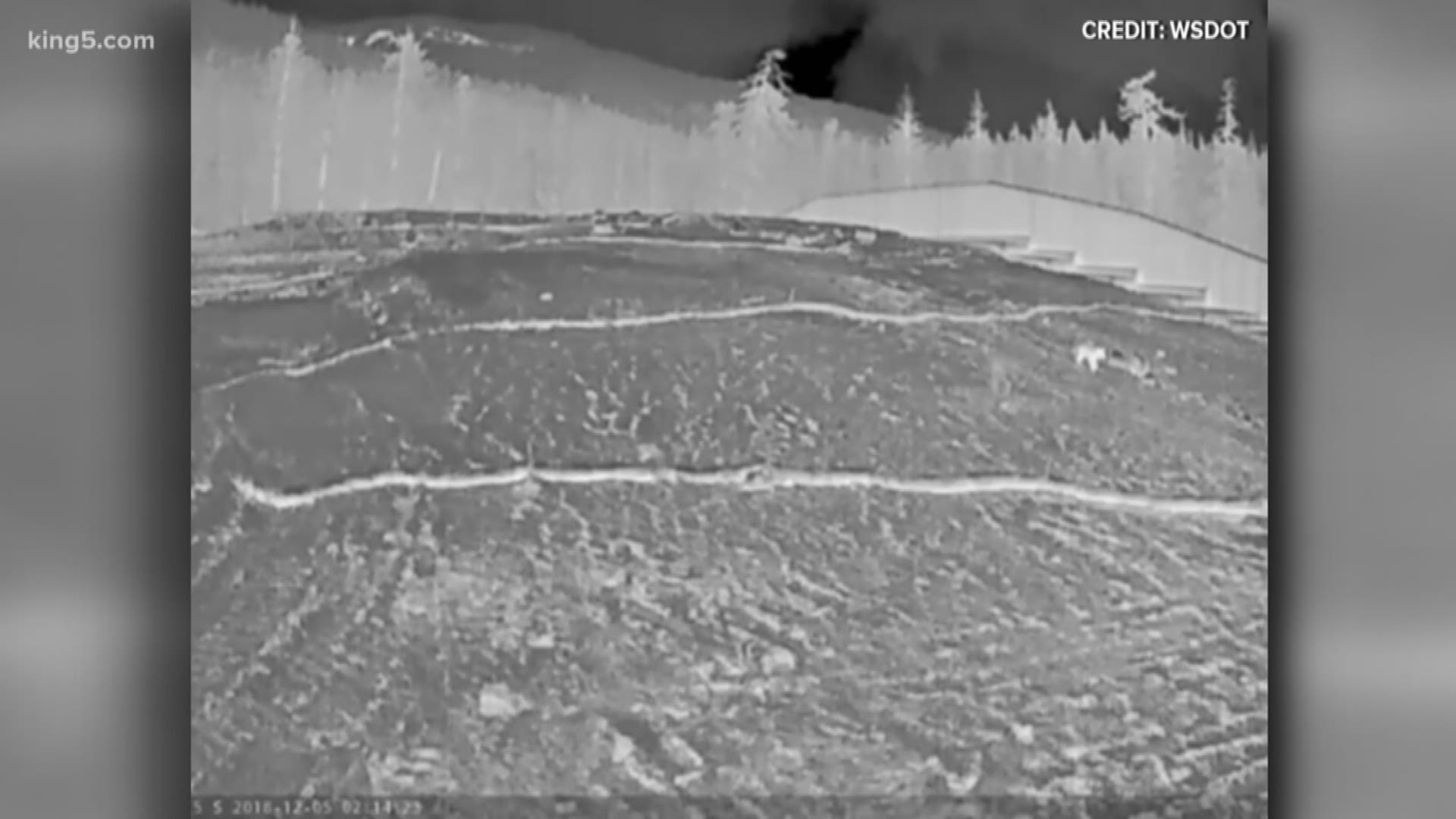Don’t feed wildlife. That’s the message that officials at the Washington Department of Fish and Wildlife shared following the extended fallout from late winter storms.
WDFW published a notice last week reminding people that many animals have adapted to survive the winter without a dependency on food from people.
“People may want to feed deer, elk, moose and other animals to help during these leaner times,” Kristin Mansfield, a veterinarian with WDFW, said in the notice. “But artificial feeding can actually do more harm than good.”
Some may not know, but animals such as deer can take up to several weeks to digest artificial feed, according to WDFW.
Officials are also concerned about animals getting drawn near roads in search of human-provided food. Their dependence on humans to deliver food can cause lasting impacts on the animals.
The best way to help wildlife? Leave them alone.
WDFW says avoiding the animals, slowing down while driving through wildlife habits, and keeping pets confined can help.
"Winter is the season of greatest stress for wildlife populations, especially animals experiencing their first winter," she said. "People can't change that, and it can create problems when they try to do so."

